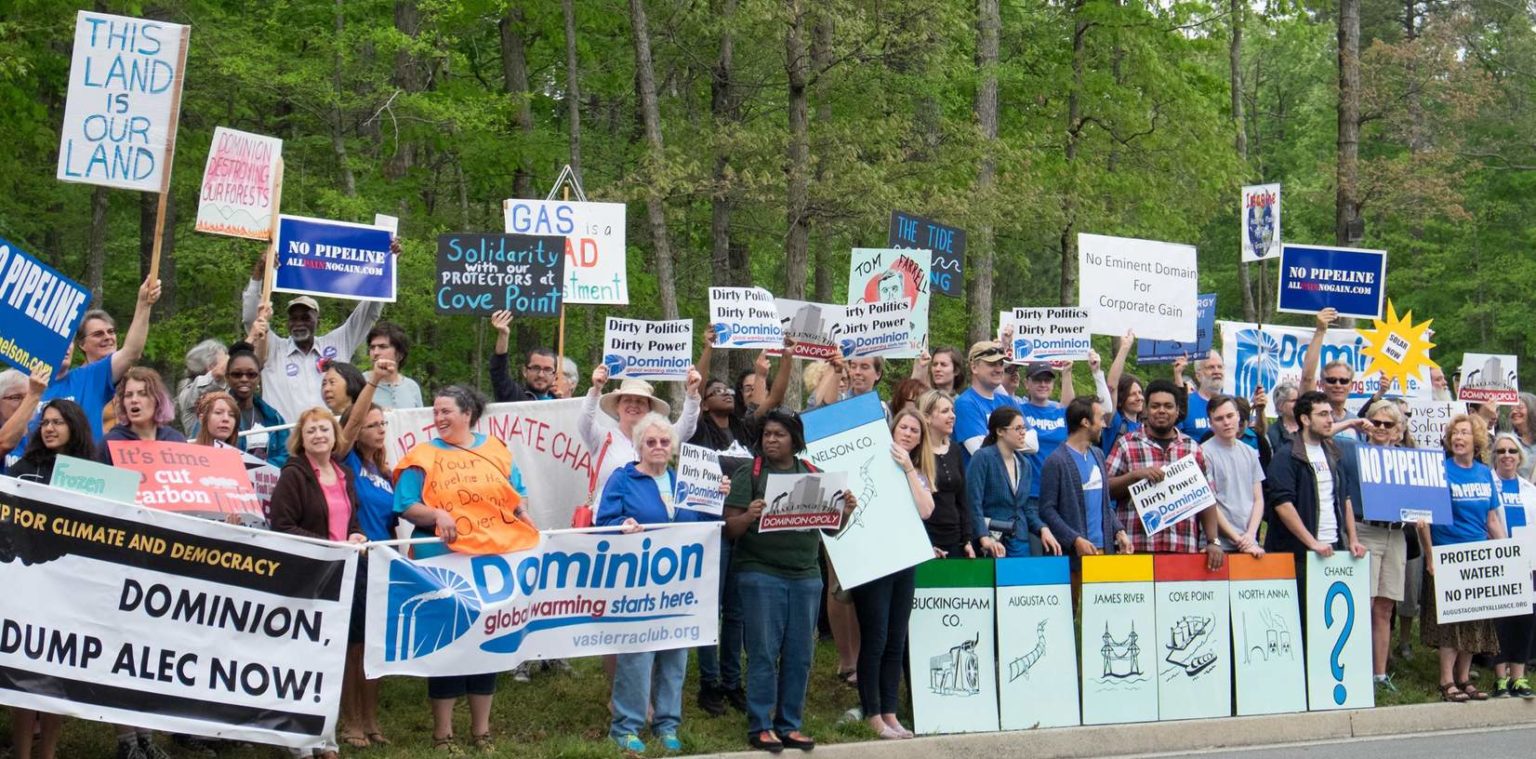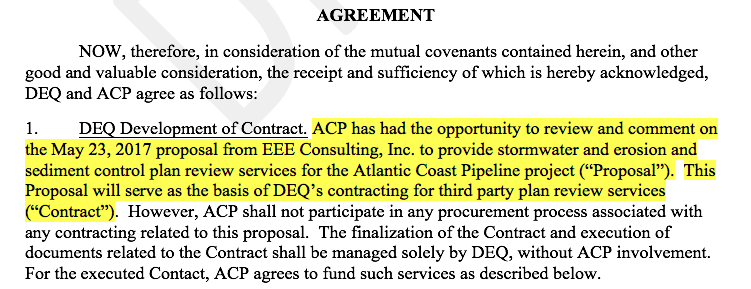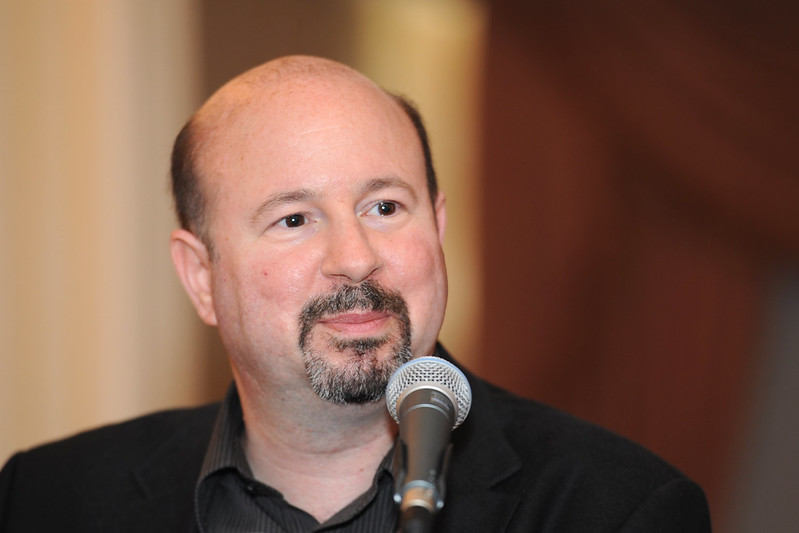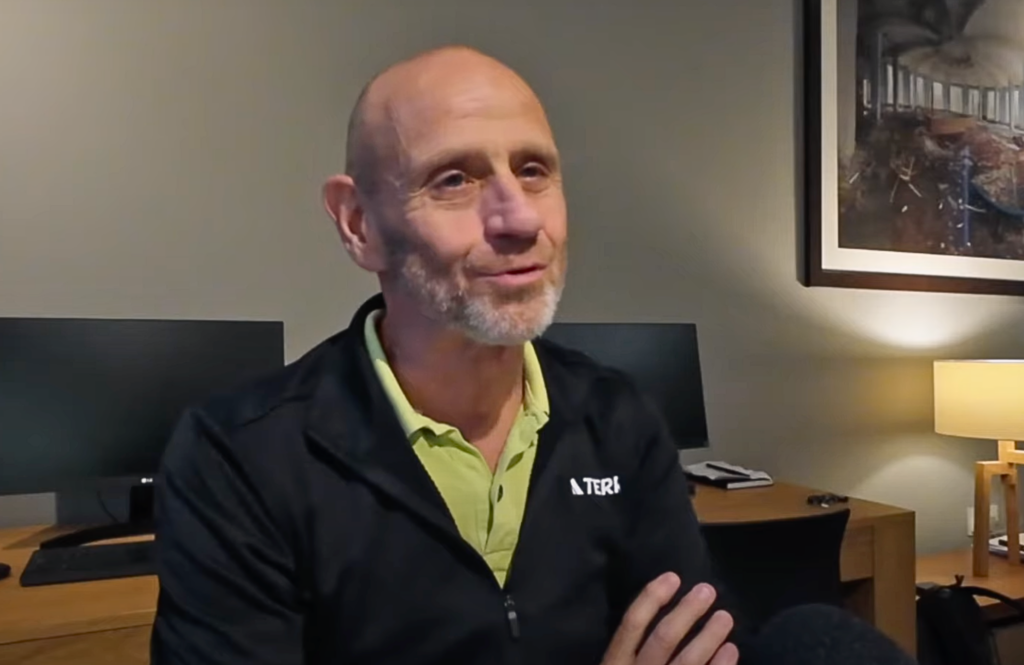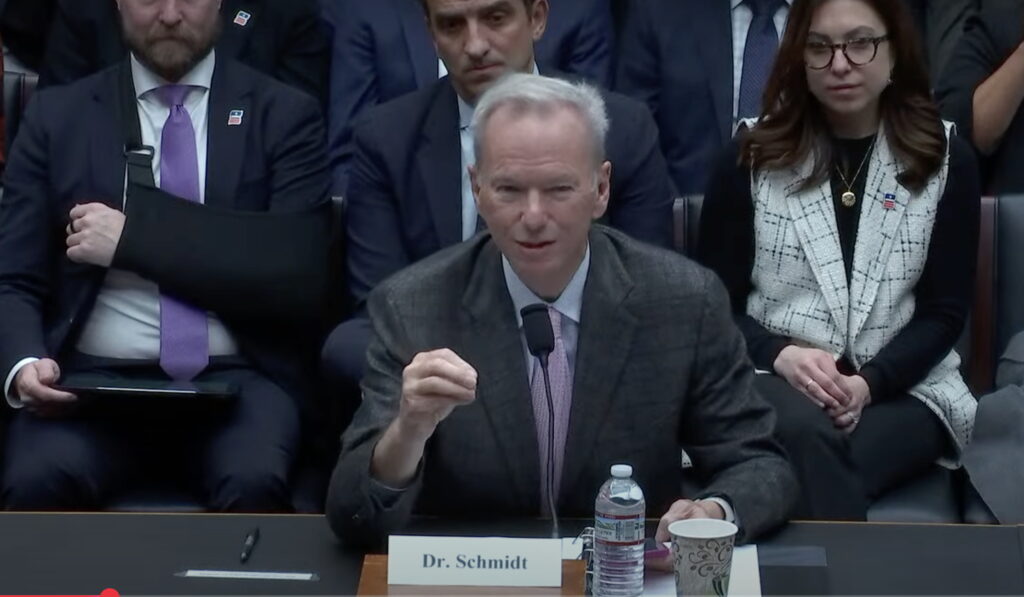As part of its review of Dominion Energy’s Atlantic Coast pipeline, the Virginia Department of Environmental Quality (DEQ) recently hired a private contractor to assess several elements of the project.
DeSmog has found, however, that the contractor is currently working for Dominion on an unrelated project.
DEQ Outsources Plan Reviews
Documents and emails obtained by DeSmog through an open records request reveal that last month the DEQ outsourced the review of Dominion’s plans submitted as part of its application process for state permitting.
According to a memorandum of agreement between the DEQ and Dominion, the state hired a private contractor to review Dominion’s stormwater and erosion and sediment control plans.
In the memo, Dominion agrees to pay for the contractor, EEE Consulting, Inc. The original work proposal document submitted by EEE Consulting to the DEQ sets the cost of the review at over $1.8 million.
The memo between Dominion and the DEQ reveals that Dominion had the opportunity to review the contractor’s proposal and comment on it prior to the hiring. It adds, however, that Dominion will not be involved in the procurement of contracting with EEE Consulting, which will “be managed solely by the DEQ.”
From a memorandum of agreement between the Virginia DEQ and Dominion, showing that Dominion commented on the third party contractor’s work proposal.
Contractor Already Working for Dominion
Yet EEE Consulting is currently working for Dominion. In unrelated projects from the past two years, the Richmond-based firm has been providing Dominion with environmental services for the construction of microwave communications towers in Virginia.
Last year, EEE Consulting provided permitting services and reviewed the impacts of one such tower in Dominion’s Bremo power station. Currently, EEE Consulting is working for Dominion on its proposed tower in Southampton County, Virginia.
These revelations come shortly after Virginia officials reiterated to both the public and Dominion the objective nature of its review processes.
As the Roanoke Times revealed this week, Virginia’s secretary of natural resources recently told Dominion that the state “will not base their decisions on requests or suggestions from an applicant.” Following several email exchanges and at least one meeting between Dominion lobbyists and DEQ officials, Secretary Molly Ward sent a letter to Dominion advising of the state’s impartiality.
“There could be no pre-determined outcomes,” Ward wrote, “the Atlantic Coast Pipeline is a project of enormous scope and complexity and deserves close, objective scrutiny.”
Under constant pressure by the vocal opposition to the pipeline, the DEQ also published a webpage detailing a list of additional conditions it is imposing on Dominion, which go “well beyond other regulatory requirements and will protect water quality across the range of pipeline activities, not just temporary construction impacts to streams and wetlands.” These requirements include the plans now being reviewed by EEE Consulting.
In response to a query by DeSmog, the Virginia DEQ says no conflict has been identified in this case. Spokesperson Bill Hayden provided the following comment:
“The contract with EEE Consulting Inc. was completed through Virginia’s normal contract procedures. In addition to the standard contract, DEQ added several provisions to ensure against any conflict of interest. EEE agreed to these conditions. This includes an agreement to adhere to the State and Local Governments Conflict of Interest Act. DEQ has identified no conflict of interest.”
According to Hayden, “The contract was issued through the Virginia Department of General Services, which oversees all entities that currently are on the state contract list. Dominion had no input on the selection of EEE Consulting for this contract. EEE Consulting’s signing of the contract indicated that they had done no previous work for the Atlantic Coast Pipeline or Mountain Valley Pipeline.”
Craig Holman, government affairs lobbyist for the ethics watchdog Public Citizen, says this case raises serious concern.
“Though the Virginia DEQ may have made formal provisions to ensure that the contract was awarded within the state’s conflict of interest law,” says Holman, “it still raises serous red flags. First, given that the contractor is being funded by the company building the pipeline, its allegiance may be primarily toward the private interest. Moreover, when Dominion is paying for the contractor to perform more than one job, the contractor is in effect incentivized to please Dominion in order to secure future contracts.”
Dominion did not respond to a request for comment. A representative for EEE Consulting referred DeSmog to the Virginia DEQ since the firm is working on its behalf as a third party contractor.
Other Conflicts in the ACP
This is not the first time potential conflicts of interest have arisen in the government’s review of the Atlantic Coast pipeline (ACP), a massive 550-mile-long project that, if approved, will transport fracked gas from West Virginia, through Virginia, and into North Carolina.
As DeSmog previously reported, the third party contractor hired by the Federal Energy Regulatory Commission (FERC) to review the pipeline is tied to Dominion’s main environmental consultant in the project. Furthermore, a contractor hired by the U.S. Forest Service to review drilling feasibility in the Blue Ridge Parkway is currently working for Dominion on the Atlantic Coast pipeline.
Main image: Protesters rallying against Dominion’s proposed Atlantic Coast pipeline. Credit: Chesapeake Climate Action Network, used with permission
Subscribe to our newsletter
Stay up to date with DeSmog news and alerts


